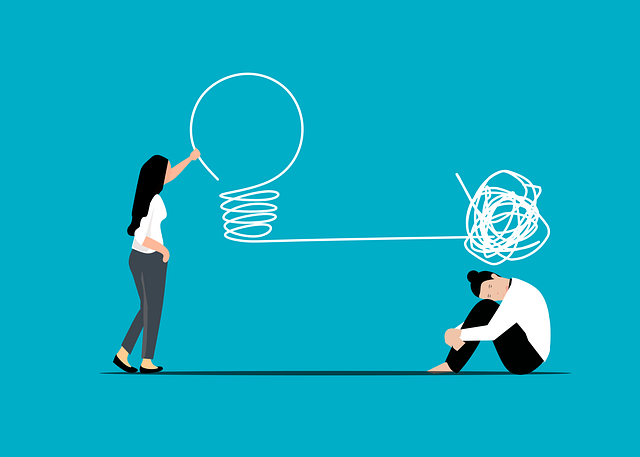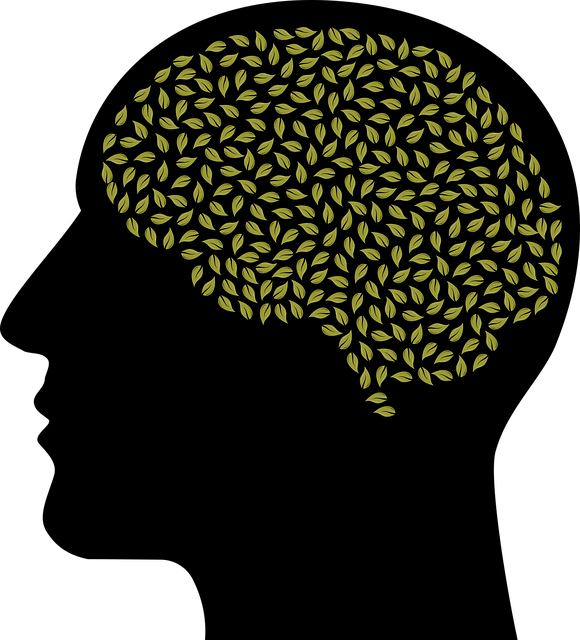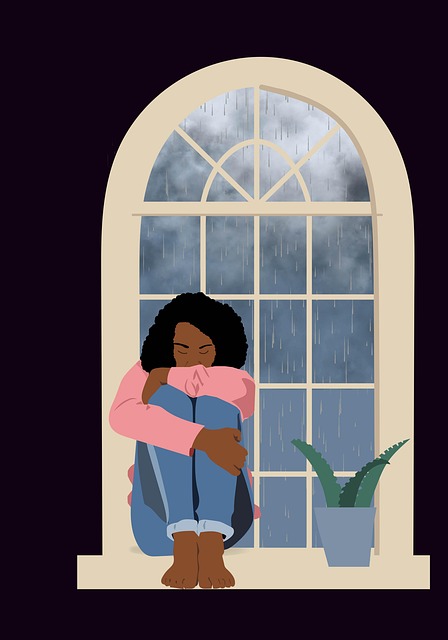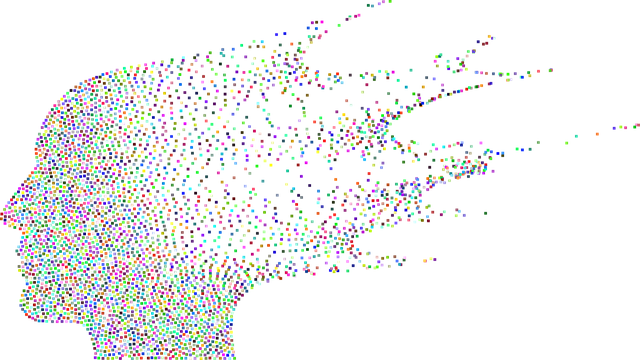Social Skills Training (SST) is a therapeutic intervention designed to help older adults with developmental disabilities or mental health conditions improve social interactions and communication skills, thereby mitigating isolation and stress. Using structured activities and role-playing, SST builds resilience in social settings, focusing on nonverbal cues, active listening, conflict resolution, and small talk strategies. This approach enhances self-esteem, improves social interactions, and promotes mental wellness, especially crucial for elders with developmental disabilities like autism or intellectual impairments. Tailored strategies, mindfulness meditation, and storytelling podcasts contribute to better social functioning and overall quality of life.
Social skills training is a powerful tool for improving mental health outcomes, especially among elders with developmental disabilities. This article explores the concept of social skills training, highlighting its significance in enhancing interpersonal interactions and overall well-being. We delve into the unique challenges faced by this demographic and offer practical strategies for therapists implementing effective training sessions. Discover how targeted interventions can empower individuals to navigate social situations with greater confidence and foster meaningful connections.
- Understanding Social Skills Training
- The Role of Social Skills in Mental Health
- Challenges Faced by Elders with Developmental Disabilities
- Strategies and Techniques for Effective Training
- Benefits and Implementation in Therapy Sessions
Understanding Social Skills Training

Social Skills Training (SST) is a therapeutic intervention designed to help individuals with mental health conditions or developmental disabilities improve their social interactions and communication skills. This type of therapy focuses on teaching practical strategies to navigate social situations, build relationships, and enhance overall mental wellness. SST can be tailored for various groups, including older adults seeking to maintain an active social life despite age-related challenges.
By participating in structured activities and role-playing exercises, clients develop resilience in social settings. The training often involves learning nonverbal cues, active listening techniques, conflict resolution skills, and appropriate small talk strategies. For those with developmental disabilities, SST can be a game-changer, enabling them to engage more confidently in community events, foster meaningful connections, and contribute to society. This personalized approach aims to empower individuals to overcome social barriers, thereby improving their overall mental health and quality of life.
The Role of Social Skills in Mental Health

Social skills play a pivotal role in mental health, especially for individuals navigating therapy for elders with developmental disabilities. In many cases, those dealing with conditions like autism spectrum disorder or intellectual disabilities often face challenges in social interactions due to communication difficulties and a lack of typical social cues understanding. This can lead to feelings of isolation and increased stress, negatively impacting their overall mental wellness.
Effective social skills training serves as a powerful tool for promoting mental health and well-being. It equips individuals with the necessary abilities to engage in meaningful conversations, interpret non-verbal signals, and build strong interpersonal connections. Through structured programs, including specialized therapy sessions and Mental Wellness Podcast Series Production, participants can learn stress reduction methods tailored to their needs. This not only enhances their self-esteem but also improves their ability to cope with social pressures, fostering a more positive outlook on life.
Challenges Faced by Elders with Developmental Disabilities

Elders with developmental disabilities often face unique challenges when it comes to social interactions. As they age, their communication skills and ability to navigate social settings may decline, making everyday conversations and group activities more difficult. This can lead to isolation and a further deterioration of mental health, as social connections are vital for overall well-being. The societal expectations placed on older adults, coupled with their own insecurities, can create a complex web of barriers to engaging in meaningful social exchanges.
Therapy for elders with developmental disabilities must address these challenges head-on, incorporating mind over matter principles to empower them in social situations. Public awareness campaigns development is key to breaking down stereotypes and fostering an inclusive environment. Moreover, tailored mental wellness coaching programs development can help them develop coping strategies, enhance communication skills, and build resilience, thereby improving their overall quality of life.
Strategies and Techniques for Effective Training

Effective social skills training for individuals with mental health conditions, including therapy for elders with developmental disabilities, requires a multi-faceted approach. Strategies should be tailored to address specific needs and challenges, leveraging techniques such as role-playing scenarios, group discussions, and cognitive behavioral therapy (CBT) methods. By creating safe and supportive environments, trainers can encourage active participation and promote positive interactions.
Techniques like mindfulness meditation have proven beneficial for mood management, enhancing emotional regulation and reducing social anxiety. Additionally, leveraging the power of storytelling through mental wellness podcast series production can offer relatable narratives, fostering understanding and connection. These approaches, combined with individualized feedback and continuous practice, contribute to improved social functioning and overall mental wellness.
Benefits and Implementation in Therapy Sessions

Social skills training is a valuable component of therapy for elders with developmental disabilities, offering numerous benefits that enhance their overall well-being and quality of life. By focusing on improving communication, interaction, and relationship-building abilities, this approach enables individuals to navigate social situations more confidently. Through structured activities and role-playing exercises tailored to each person’s unique needs, therapists can foster a supportive environment where participants feel safe to practice, learn, and grow.
Implementing these training sessions in therapy involves creating a step-by-step process that starts with identifying specific social challenges. This may include understanding nonverbal cues, initiating conversations, or maintaining eye contact. Therapists then design activities that encourage active listening, empathy, and assertiveness. Incorporating Trauma Support Services and Mental Health Awareness into these sessions can be powerful, helping individuals process past traumas while promoting positive interactions. By combining these strategies with Mind Over Matter Principles, participants gain the tools to manage stress, build self-confidence, and improve their social connections, ultimately contributing to a more fulfilling life.
Social skills training plays a pivotal role in improving the quality of life for elders with developmental disabilities, offering them enhanced independence and improved mental health outcomes. By incorporating these strategies into therapy sessions, professionals can effectively address social isolation and communication challenges, ultimately fostering more inclusive and supportive communities. This tailored approach to care is not only beneficial for individuals but also has the potential to revolutionize support systems for those facing such conditions, ensuring they receive the assistance they need to thrive in their daily lives.










